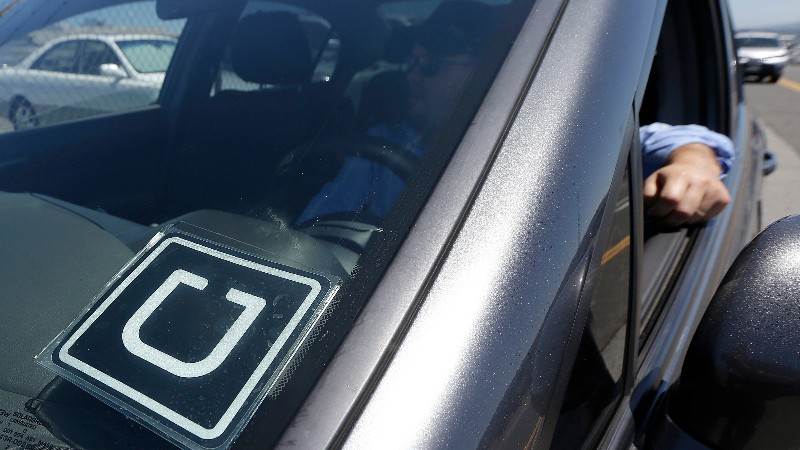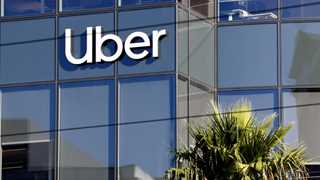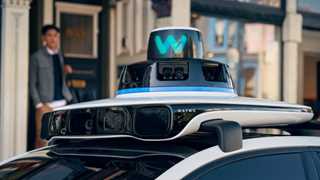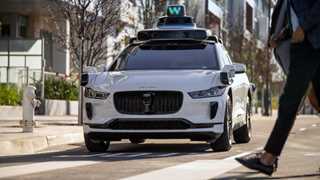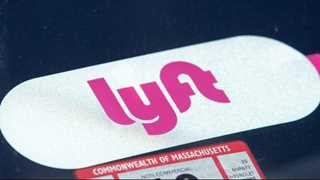The international transport authority of the largest city in the state of Washington is considering to test launch the services of mobile ride-hailing providers Uber Technologies Inc., Lyft and Wingz at Seattle-Tacoma airport, GeekWire portal learned from a staff briefing. The Port of Seattle is in talks with the companies and is reviewing the project draft before the initiation, scheduled for March 31. Seattle today confirmed its rank as the fourth worst city in the United States by congestion levels, TomTom said.
Uber and Lyft are authorised to bring passengers to the airport for the last three years, but Yellow Cab had the monopoly in picking up fares. According to the plan, the regulator will charge $5 dollars per ride after the activation fee, based on the monthly volume, is paid by the company. Alternative transport operators have been trying to penetrate segments of the market, facing opposition from traditional taxi services and regulators. In many cases, not only in the United States, they have been operating in a gray area or regardless of the standards.
Since Uber secured support from the Indonesian capital region's in December, there were numerous fierce street protests by taxi companies in Jakarta and the signals from the government have been controversial. Today thousands of taxi drivers blocked parts of the city.
The French government recently tightened restrictions in the car-sharing industry. In the midst of massive protests in France in January, organised by associations of conventional taxis, Uber was reportedly fined by a court in Paris. The leading startup in the industry had its activities in London declared legitimate by court in October.
Back to Seattle, Uber today unveilled its separated food delivery app UberEats for the city, following the introduction of the service through the basic app in October. The lunch delivery was expanded to an all-day scheme with over 80 restaurants included and an option for drivers to decline an order. The delivery service of the largest car-sharing startup expanded its operations in January by opening its API software to a set of large companies based in United States. Uber Rush enlarged its pool of partners in areas like retail, food distribution, and electronics equipment in a programme for same-day deliveries.
Rush also became available to all restaurants in San Francisco, New York and Chicago through a partnership with ChowNow, application for online food orders. Uber is trying to tap on the demand in delivery market at an irregular segment, where it can serve as an intermediary and facilitate when merchants or restaurants experience a glut. Agents pick up the goods and take it to the preferred location by cars and even bicycles, and look for other orders without the need for a round trip.
In other news, Uber rolled out a bug bounty programme on HackerOne. The system is devised to reward hackers and researchers for finding security flaws in software. A single significant breach is worth up to $10,000, TechCrunch reported, adding bonuses are paid to people who find several bugs.
Image: Beta/AP
